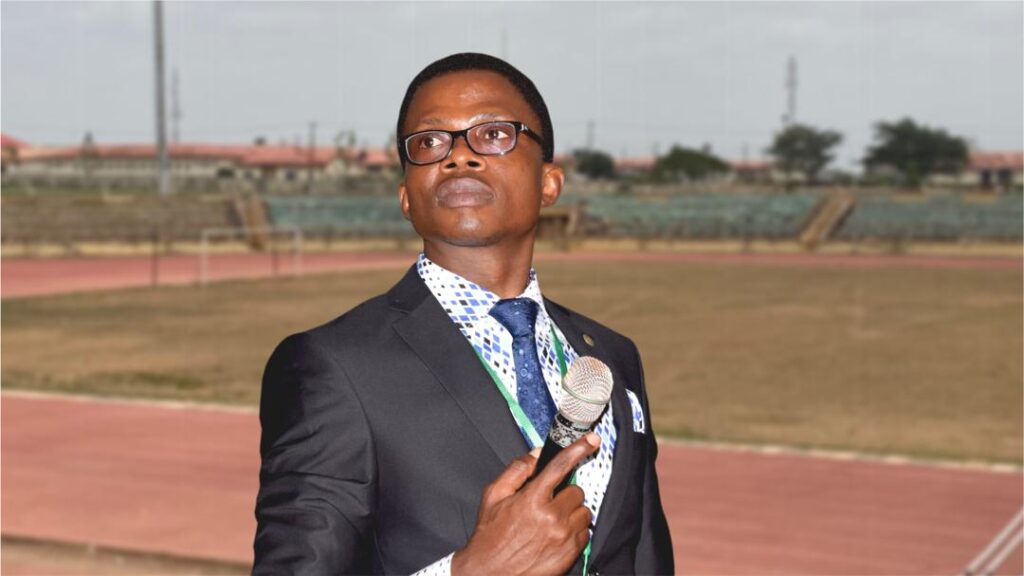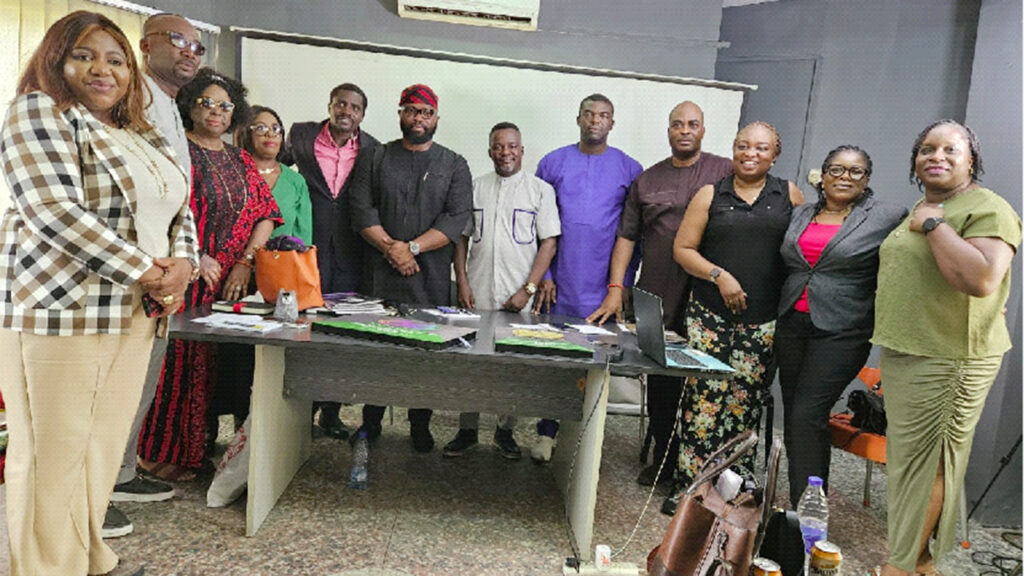The Muslim Zakawaat and Sodaqaat Foundation (MUZASAF) has emphasised the need to embrace Waqf to fund sophisticated community empowerment initiatives as this has the potential of solving many of the present-day challenges.
Waqf is an endowment made by a Muslim to a religious, educational, or charitable cause. It is an essential tool towards achieving socioeconomic development.
Scholars, who spoke at the grand finale of the activities marking the foundation’s 10th anniversary and launch of N200 million endowment fund, said Waqf is designed for the socio-economic development of both the Muslim and non-Muslim communities, therefore, should be wholly adopted by Nigerians.
The Chief Imam of Ansarudeen Society Worldwide, Sheikh Abdurahman Ahmad, said waqf is an instrument that has been used to finance most educational projects.
“It is a structured system with coordinated financing, administration and management. It has been used to finance many educational projects including the first university ever known, Al-Azhar University in Cairo. It is a long-term and relatively more sustainable means of funding projects, inherited by Muslims,” Ahmad said.
He noted that Waqf is common in the Islamic world before its practice began to decline in the 20th century, when some Muslim governments embraced nationalism and westernisation.
“There is this wave of westernisation that thought that non-governmental institutions control so much wealth and they thought it is going to be a threat to their emerging dominance. So, they started to clamp down in it under the pretext of lack of transparency and accountability, but unfortunately, it led to a situation that we are dealing with now,” he explained.
The Proprietor of Daaru Na’im Academy, Sheikh (Dr.) Imran Eleha, said the boycott of Zakat and Waqf are the major reason some Nigerian Muslims remained poor.
“Not paying Zaqat or waqf is similar to robing the poor of their wealth.”
He urged religious clerics to endeavour to enlighten and sensitise the Muslim congregation on the role and benefit of Zakat and Waqf in society.
“Waqful is not well recognised in the Southwest because the religious leaders failed to enlighten people about it. People don’t know its importance and benefit to the people and the society.”
The Director General, MUZASAF, Alhaji Mutiu Olajobi, said waqf is a veritable tool to solve the infrastructure deficit and improve the social well-being of the citizenry, noting that the socioeconomic trajectory of the past years has meant that the society needs to do more to support people who have had to cope with the vagaries of life, many of which are beyond their control.
“It’s been 10 years of learning and meaningful impact, but we’re not exactly rolling out the drum to celebrate, because we realise as a foundation that we can only contribute to things that are actually bigger than us.
“The period had witnessed at least two recessions, hyperinflation characterised by skyrocketing prices of goods and services, scarcity of essential commodities, COVID-19 pandemic, social unrests and insecurity. This implies that more households shall continue to fall below the poverty line except for something drastic that happens at the micro levels. As Muslims, we believe that the zakat institution, if properly managed and regulated can lift many people out of poverty,” he said.
He noted that the N200 million earmarked for waqf is to devise sustainable means of increasing funds generated yearly to avoid donor fatigue.
“We believe we can still do more as the challenge of meeting requests continues to be enormous. Over the period, our disbursement performances still hover around 30 per cent of requests. We are of the opinion that more is still to be done to get more funds to support those who need our assistance. We also reckon that some of our donors also respond to calls from other people, societies and organisations as well.
“Therefore, this occasion is used to institute an endowment fund (waqf) to raise a substantial amount in the range of N200 million in the first instance as seed money, to be invested for yearly returns, which profit can be deployed to empower more people yearly. We hope more people will join us in this course. We also pray for Allah’s blessing over these efforts.”
Member of MUZASAF, Hajia Idayat Adelodun, said funding is the major challenge of the foundation, noting that the Zakat requests have always been more than the available funds.










